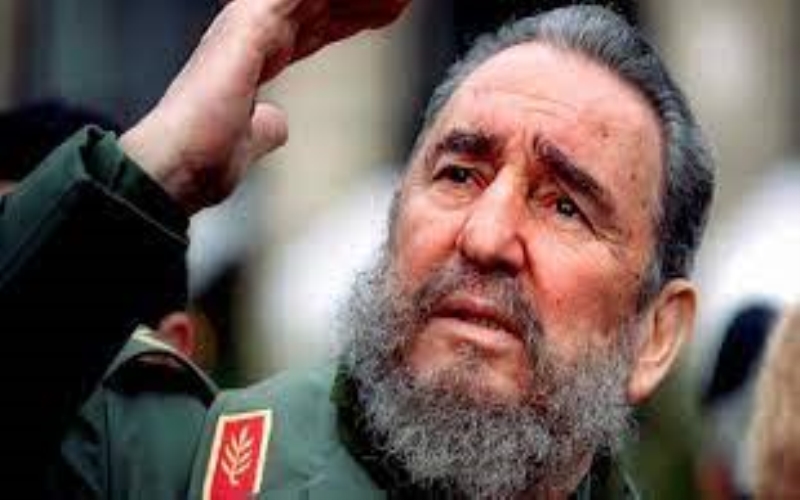Introduction:
Rafael Leonidas Trujillo, the Dominican Republic’s dictator from 1930 to 1961, remains a controversial figure in history. His iron-fisted rule, characterized by authoritarian control, human rights abuses, and a cult of personality, made him both a feared leader and a target for attacks. This article aims to delve into the historical context and factors that originally made Trujillo a target for resistance and attacks.
Authoritarian Rule and Repression: Trujillo’s regime was marked by brutal authoritarianism and a widespread suppression of dissent. Political opposition was virtually non-existent, as Trujillo employed a pervasive system of surveillance and intimidation. Dissenters faced imprisonment, torture, and even execution, creating an atmosphere of fear that fueled opposition to his rule.
Violence Against Political Foes: Trujillo’s ruthlessness extended to his treatment of political opponents. Many individuals who opposed his regime or were perceived as threats were subject to violence and persecution. The infamous Parsley Massacre in 1937, where thousands of Haitians were killed under Trujillo’s orders, is a stark example of the extreme measures he was willing to take against perceived enemies.
Personality Cult and Authoritarianism: Trujillo cultivated an intense personality cult, portraying himself as the “Benefactor” and the “Eternal Leader.” His image adorned public spaces, and loyalty to him was not just expected but enforced. The combination of authoritarianism and a cult of personality created an environment where any challenge to Trujillo’s authority was viewed as a direct threat.
Human Rights Violations: Trujillo’s regime was notorious for its egregious human rights violations. Arbitrary arrests, torture, and executions were common occurrences, leading to a significant number of people enduring immense suffering. The widespread abuse of power and disregard for human rights drew international condemnation, making Trujillo a target for those advocating for justice and human dignity.
Economic Exploitation: Beyond political repression, Trujillo’s regime was marked by economic exploitation. His policies favored a small elite while suppressing the majority of the population. The concentration of wealth and power in the hands of a select few fueled discontent among various social groups, contributing to the growing opposition against Trujillo.
Regional Tensions and International Isolation: Trujillo’s aggressive foreign policy and attempts to expand his influence in the Caribbean region contributed to strained diplomatic relations with neighboring countries. His actions, such as the invasion of Haiti in 1937, further isolated the Dominican Republic internationally. The resultant tension made Trujillo vulnerable to external pressure and potential attacks.
Assassination Attempts and Dissent: The cumulative effect of Trujillo’s repressive policies and actions led to multiple assassination attempts and acts of dissent. Plots against his life were hatched both domestically and internationally. The regime’s response to these attempts only intensified the cycle of violence and resistance.
Turning Allies into Enemies: Trujillo’s erratic behavior and political maneuvering led to a situation where even former allies turned against him. Those who had initially supported his rise to power or benefited from his regime became disillusioned, realizing the true cost of Trujillo’s rule. This shift in alliances further weakened Trujillo’s position and made him susceptible to internal and external threats.
Conclusion:
Rafael Trujillo’s rule over the Dominican Republic was characterized by authoritarianism, human rights abuses, and economic exploitation. The widespread discontent fueled resistance and attacks against his regime. The cumulative impact of political repression, violence against opponents, economic injustice, and international isolation made Trujillo a target for those seeking to bring an end to his oppressive rule. The fall of Trujillo in 1961 marked a turning point in Dominican history, symbolizing the triumph of resilience and resistance against tyranny.


